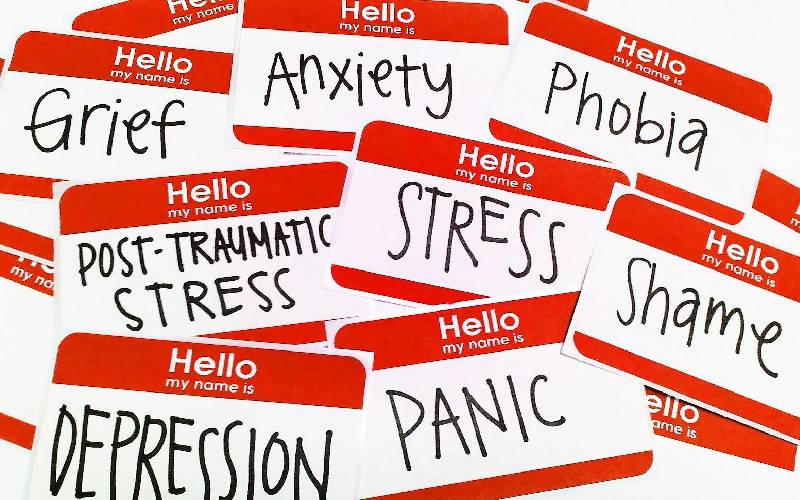×
The Standard e-Paper
Fearless, Trusted News

On average, mention of mental health evokes pictures of men and women in tattered, dirty clothes. Such people would most likely be roaming some market places, eating rotten mangoes or whatever else they find. Yet mental health is not confined to such individuals.